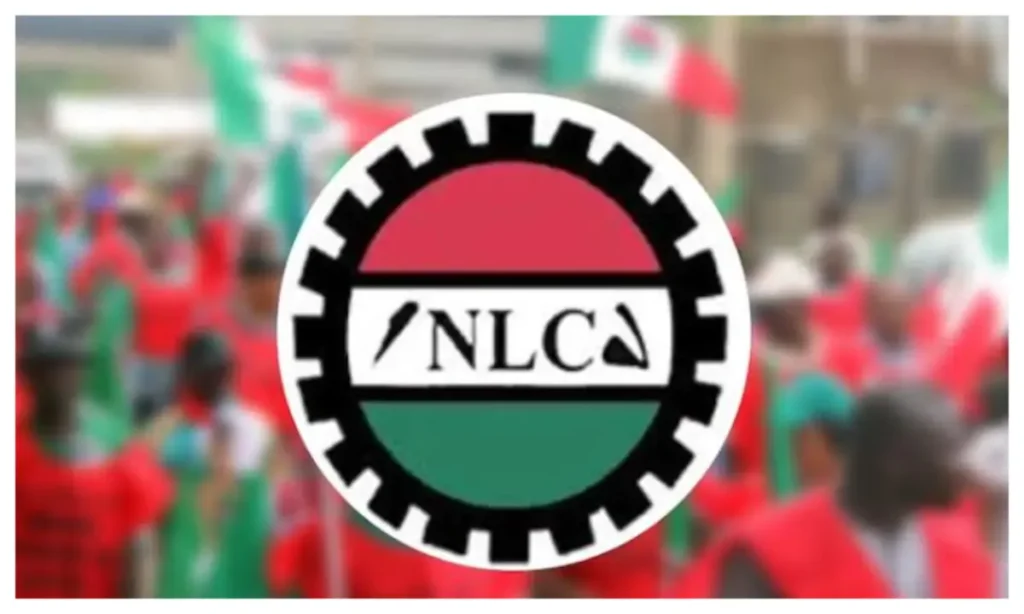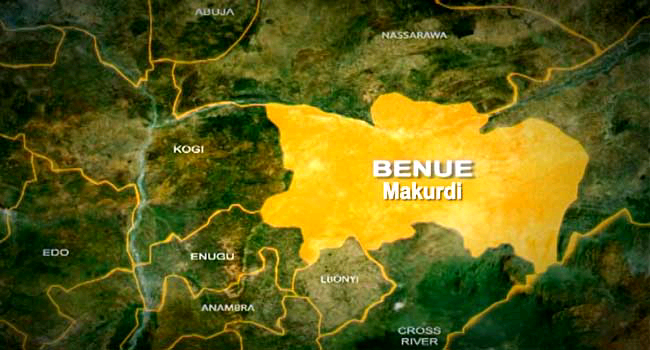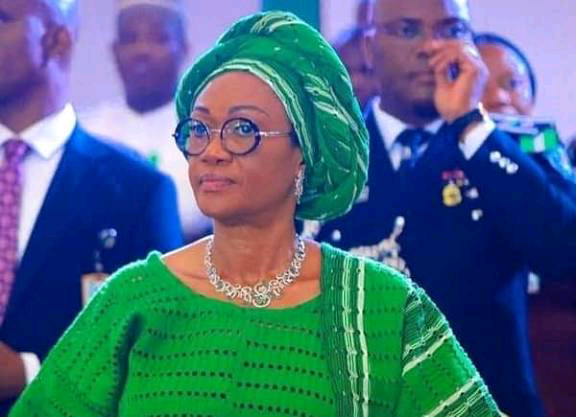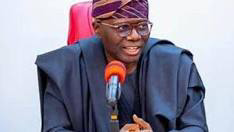Channels TV: Dr. Tope Fasua, Prof. Adeola Adenikinju Dissect IMF Report, Nigeria’s Economic Outlook
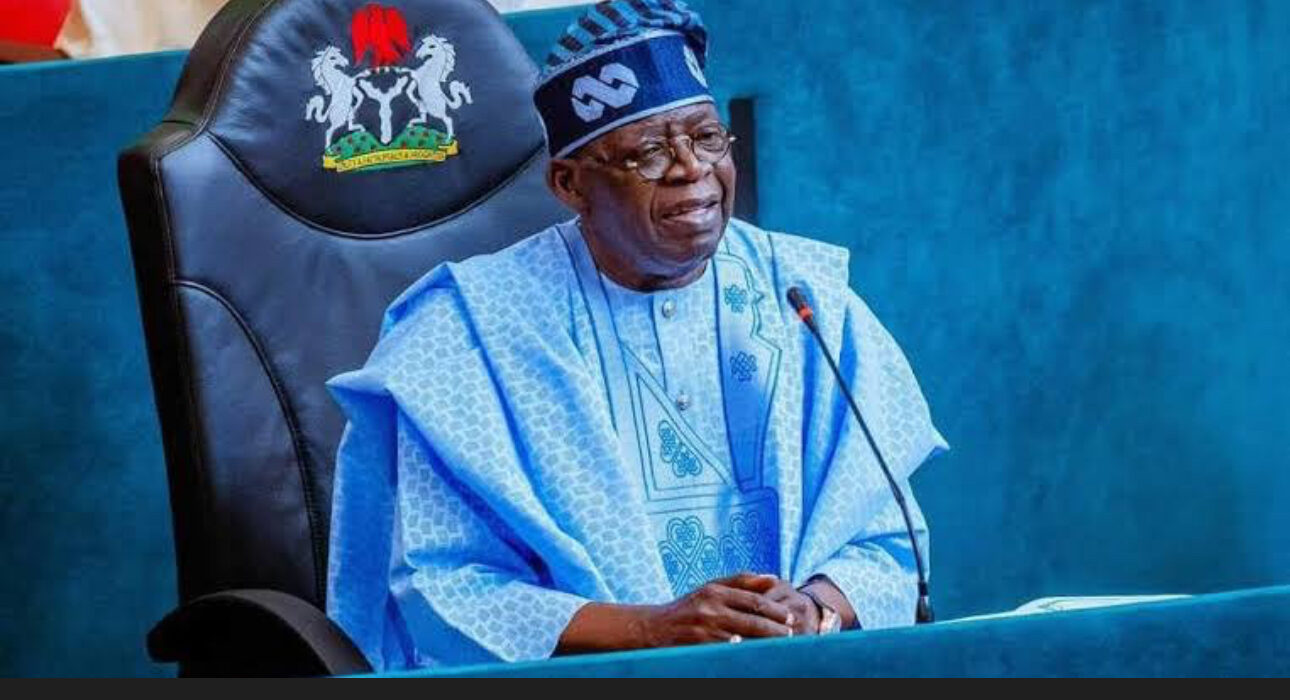
This morning’s edition of Sunrise Daily on Channels Television delivered a compelling and sometimes tense conversation on Nigeria’s economy, as anchored in the latest Article IV consultation report released by the International Monetary Fund (IMF).
Featured on the programme were two prominent voices: Dr. Tope Fasua, Special Adviser to President Tinubu on Economic Affairs, and Professor Adeola Adenikinju, President of the Nigerian Economic Society.
The discussion revolved around the IMF’s key assessments, including calls for Nigeria to revise its 2025 budget due to lower oil price realities, concerns over persistent inflation, and renewed emphasis on expanding social safety nets.
But the perspectives of the two guests showed a clear divergence in tone—one critical of the IMF’s approach, the other more aligned with the Fund’s recommendations.
Dr. Fasua took a firm stance against what he described as the IMF’s “very fatalistic” assessment of Nigeria’s current economic reforms. While acknowledging that inflation and poverty remain serious issues, he argued that the Tinubu administration deserves more time to allow the impact of its policy shifts to unfold.
“This administration under President Tinubu has done some of the deepest reforms that we have seen in a while,” he said. “We haven’t even allowed those measures to settle, yet we’re hearing all sorts of very fatalistic statements… from the IMF.”
He went further to accuse the IMF of heckling rather than offering constructive support.
“We’re not asking for a pat on the back,” he stressed. “We’re just saying: give us a breather. Let us be able to implement the policies we’ve started.”
Fasua defended the president’s controversial policies, including fuel subsidy removal and exchange rate unification, arguing that they were long overdue and already showing signs of impact.
“We’ve done the right things… Let the poor breathe,” he added pointedly.
On inflation, he pushed back on the IMF’s urgency. “Inflation has reduced over the last three months and will likely fall further… Whoever wrote that statement is not sounding like an economist,” he said.
Dr. Fasua also called for Nigeria to strengthen its own data collection systems and reduce overreliance on external institutions.
“We should invest in collecting our own data and stop depending solely on Bretton Woods institutions.”
While Prof. Adeola Adenikinju’s tone was more measured, his contributions underscored several key points raised in the IMF report. Though not directly quoted during the broadcast, his background as President of the Nigerian Economic Society and a former visiting scholar to the IMF shaped his analysis of the country’s fiscal trajectory.
Prof. Adenikinju is known for advocating credible economic planning, data transparency, and a careful balance between monetary tightening and fiscal expansion.
On the programme, he reportedly emphasized the importance of aligning Nigeria’s budget assumptions with current oil price trends and warned that unrealistic projections could undermine fiscal credibility.
He also reinforced the need for improved social protection systems to cushion the harsh effects of reforms on the poor. Echoing IMF recommendations, he highlighted the urgency of scaling up cash transfer programs, improving targeting mechanisms, and ensuring proper oversight of social spending.
The programme reflected the broader tension between domestic policymakers eager to defend hard-won reforms, and economic experts cautioning that structural problems still persist.
While Dr. Fasua demanded recognition for political courage and early signs of progress, Prof. Adenikinju stressed the long road ahead to macroeconomic stability and inclusive growth.
In closing, the show’s hosts acknowledged that both perspectives are necessary to understand Nigeria’s complex economic moment—one defined by bold moves, rising hardship, and cautious optimism.
The IMF’s report may have triggered this morning’s debate, but the discussion made clear that Nigeria’s next steps will depend just as much on local wisdom as on global scrutiny.


